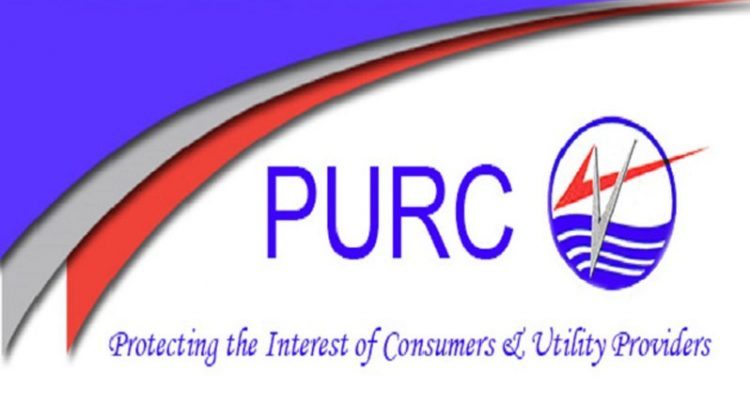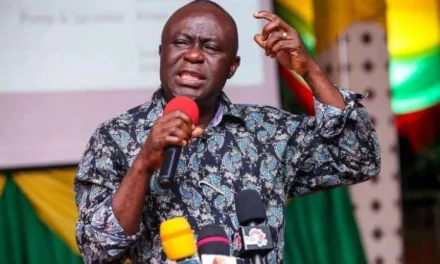
PURC Raises Alarm Over ECG’s Imminent Bankruptcy2 min read

The Public Utilities Regulatory Commission (PURC) has issued a warning that the Electricity Company of Ghana (ECG) is facing severe financial difficulties that could lead to bankruptcy.
In a letter to the Presidency, Energy and Finance Ministers, and other stakeholders, PURC Executive Secretary Dr. Ismael Ackah detailed the crisis affecting ECG as well as other key entities like the Volta River Authority (VRA) and Ghana Grid Company (GRIDCo).
Dr. Ackah noted that these financial strains have resulted in delayed salary payments and challenges in managing administrative expenses, emphasizing the urgent need for intervention. Despite efforts to boost cash flow through digital initiatives and significant tariff hikes of over 75% since September 2022, ECG’s financial woes continue.
Financial Struggles and Revenue Shortfalls
In June and July 2024, ECG reported revenues of GHS 884.2 million and GHS 857 million, respectively—figures that fell short of covering the monthly $47 million bill under the Cash Waterfall Mechanism. The situation deteriorated in August 2024, with revenue dropping below GHS 800 million, about 42% of the amount needed to settle obligations to sector players.
A PURC report highlighted an approximately GHS 860 million shortfall in payments to Independent Power Producers, leaving companies like Ghana Gas, VRA, GRIDCo, and ECG struggling to meet operational costs. Dr. Ackah called for a thorough reevaluation of the current structure, emphasizing that mere tariff adjustments are insufficient.
Learning from Regional Success Stories
The PURC’s letter also pointed to successful strategies from other countries facing similar issues:
- Kenya: The Kenya Power and Lighting Company raised funds by listing about 50% of its equity on the stock exchange.
- Tanzania: The government converted a significant loan to TANESCO into equity, allowing the company to report consistent profits and reduce losses significantly.
- Uganda: The Umeme concession involved private sector engagement in metering and billing, achieving a remarkable collection rate of 98.7%.
Recommendations for Reform
In light of these examples, PURC advocates for innovative reforms tailored to ECG’s situation, with a focus on:
- Drastically reducing technical and commercial losses.
- Enhancing fiscal discipline and focusing on core activities.
- Reevaluating power purchase agreements and exchange rate impacts on consumers.
- Conducting independent audits to clarify ECG’s financial health.
To tackle these challenges effectively, the Ministry of Energy should collaborate with ECG, the State Interests and Governance Authority (SIGA), and other stakeholders to investigate the underlying causes of ECG’s financial troubles. This effort aims to revitalize ECG and protect the broader energy sector.
Additionally, PURC insists on transparency regarding revenue collection versus Cash Waterfall Mechanism declarations, major contracts, monthly obligations, and factors affecting financial sustainability. The Commission also suggests that privatization could be a viable route to secure the long-term financial stability of ECG and Ghana’s energy sector.




















